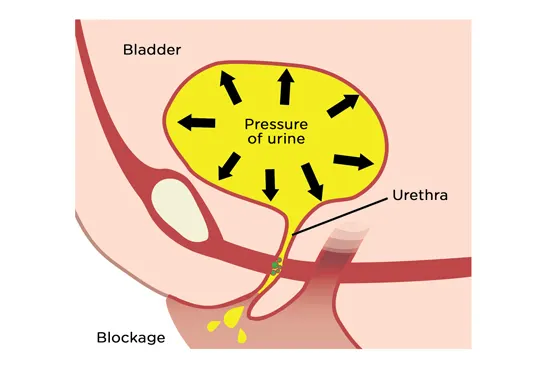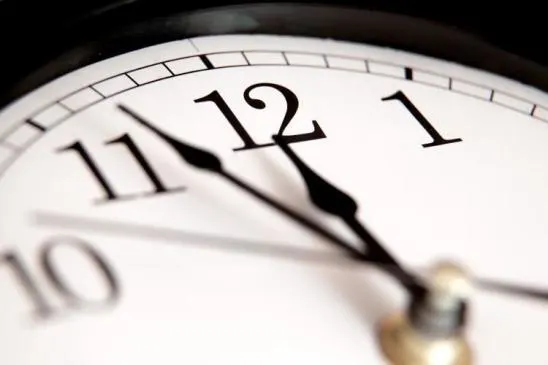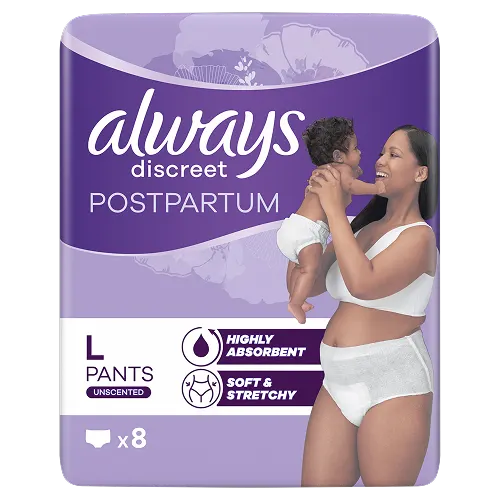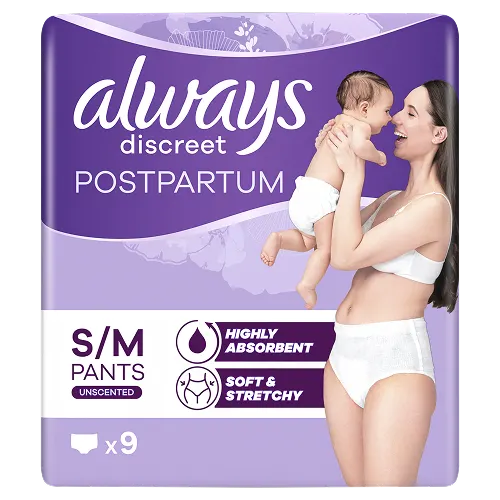
When laughing, coughing, sneezing or lifting heavy objects frequently cause you little urine leaks, you may be experiencing, female stress incontinence. It manifests as an involuntary leakage of urine caused by a sudden increase in abdominal pressure, not preceded by a push on the bladder. More than 1 in 3 women suffer from stress urinary incontinence.
Table of content:
What is stress incontinence?
Female stress incontinence, or stress urinary incontinence (SUI) is the involuntary loss of urine when pressure is placed on the bladder from physical activities such as coughing, sneezing, or exercising. This happens when the muscles surrounding your bladder weaken. As a result, any activity that exerts force on them causes a small amount of urine to leak from the bladder.

Stress urinary incontinence affects women of all ages. Initially, you may only notice a small amount of urination when coughing or sneezing, which turns into a bigger problem over time if left untreated. You are probably wondering what are the causes of stress incontinence? How to treat it? First, you can start observing yourself and identify the relevant symptoms that are causing weakness in the pelvic floor muscles that surround and tighten the urethra.
Stress incontinence symptoms
Symptoms of stress incontinence manifest in urine leaks following pressure-applying activities such as:
Coughing
Sneezing
Laughing
Standing up
Lifting something heavy
Running
Having sex
There are three degrees of stress urinary incontinence. The mildest of these is incontinence during coughing, outbursts of laughter or similar situations involving a significant increase in abdominal pressure.
Risk factors and causes of stress incontinence
Damage to the mechanisms responsible for closing the urethra is considered to be the main cause of stress urinary incontinence. There are two types of damage that can occur simultaneously and female stress incontinence causes. The first is increased mobility of the bladder neck. This is caused by inadequate support by the pelvic floor. This causes involuntary urine leakage. The second type of damage is failure of the urethral sphincter - as a result of damage to it during surgery (sphincter type).
Both causes of stress urinary incontinence can be linked to weakness of the pelvic floor muscles and changes in the fascial-muscular system. What causes stress incontinence in women? Check the following stress incontinence causes:
Pregnancy
Experiencing urinary incontinence after childbirth is perfectly normal, and many women go through it. During the nine months of pregnancy, and especially during the birth process itself, your pelvic floor muscles – the system of muscles, nerves and tissues that support your bladder and urethra – are stretched and strained. Births via vaginal delivery are more likely to result in stress incontinence.
Excess weight
Excess weight can put a strain on your bladder and your pelvic floor muscles, which act like a hammock to support your bladder. As a result, these muscles can become stretched and fatigued. This can also lead to stress incontinence.
Hormone imbalance
The hormones in your body can also serve to weaken the pelvic floor muscles. The hormonal changes experienced during menopause can result in new or worsening stress incontinence.
Chronic coughing
Any illness or condition that results in chronic coughing can weaken the pelvic floor muscles. Smokers in particular are susceptible since smokers’ cough can be persistent and prolonged over many years.
How is stress incontinence diagnosed ?
In order to diagnose stress urinary incontinence, it is important to make an appointment with a doctor. He or she will ask very detailed questions about of urine flow, past medical conditions, lifestyle and fluid intake.
The history is followed by a physical examination - abdominal, perineal, and pelvic examinations and a stress test. This is usually a cough test to observe the intensity of any leakage and the mobility of the vaginal walls. It is also necessary to have a gynaecological examination with a specialist.
Additional tests to be performed are:
- General urinalysis
- Urine culture
- Urinary tract ultrasound
Natural treatments and remedies for stress incontinence
How to stop stress incontinence? Primarily using physical therapy methods and by changing habits. In some cases, pharmacological and surgical treatment can also be used. Luckily, there are a lot of things you can do to get stress urinary incontinence treatment. How to fix stress incontinence? Most of them involve minor tweaks to your daily routine, making them quite doable. Here’s a list of some stress incontinence treatments and remedies:
Stay hydrated on a schedule
This is one of the first methods of female stress incontinence treatment. Though it may be tempting to drastically limit fluid intake for fear of leaking urine, this is not advised. Don’t limit fluids to the point of dehydration. Instead, drink prescribed amounts throughout the day in order to avoid overstressing your bladder with a large amount of fluid all at once.

Get moving
Shedding some extra weight can help alleviate the symptoms of stress incontinence by removing one of its root causes – being overweight. Even a daily walk around the neighbourhood to get moving can go a long way.
Pelvic floor exercises
Stress urinary incontinence is a result of a weakened pelvic floor. But your pelvic floor can be strengthened. Your pelvic floor is a system of muscles, nerves and ligaments that acts like a supportive basket for your bladder, uterus, and anus. Kegel exercises involve flexing and releasing the muscles used to hold in urine so they get stronger. Performing Kegel exercises three times a day as part of your daily routine will help to alleviate stress incontinence overtime. For example:
- LONG SQUEEZES Tighten your pelvic floor muscles and hold for several seconds and then relax for the same length of time. Start with 5 seconds, and work your way up to 10 seconds as you advance your practice.
- SHORT SQUEEZES Tighten your pelvic floor muscles for one second, then relax.
Exercises such as squats, bridges and certain yoga poses involve tightening your pelvic floor and will go a long way towards strengthening your pelvic floor muscles.
If you want to find out more, read our complete article on pelvic floor exercises.
Bladder training
Bladder training can both lengthen the amount of time between your toilet trips and increase the amount of urine your bladder can hold, giving you more bladder control. Start by holding your urine for five minutes every time you feel the urge to go. When that starts to feel easy, try holding it for ten minutes, and gradually work your way up, strengthening your bladder muscles over time.

Another way to train your bladder is to make a ‘go schedule’ in which you use the loo on a fixed schedule – say, every hour at first – whether or not you feel the urge to urinate. Once you feel comfortable with your schedule, try increasing the amount of time between each scheduled restroom visit.
Biofeedback
It relies on visual or sound signals. They provide feedback to contract the pelvic floor muscles correctly. This method helps you learn to control your pelvic floor muscles.
Electrostimulation
It is performed with acupuncture needles. It is a good idea to start with a session once a week for about 30 minutes - over a period of 3 months. Thereafter, it is advisable to do maintenance sessions once a month.
Vaginal cones
The cones can be used to train the muscles of the pelvic floor. The cone should be placed in the vagina and the muscles squeezed to hold the cone in place. The cone can be worn for up to 15 minutes once or twice a day. A reduction in symptoms can be seen within 4 weeks.
Physiotherapy for pelvic floor muscles
It consists of applying the exercises proposed by the physiotherapist. It should be carried out for a minimum of three months to achieve the desired results. Such exercises can then be continued at home.
Wear protection
Many women use period liners or pads because they are familiar and may still be kept around the house. However, bladder leaks are different from periods, and period liners may not be enough. Always Discreet Liners and Pads are made just for bladder leaks – they keep you dry and fresh all day, while staying thin and comfortable. You can also try it out Always Discreet Pants.



